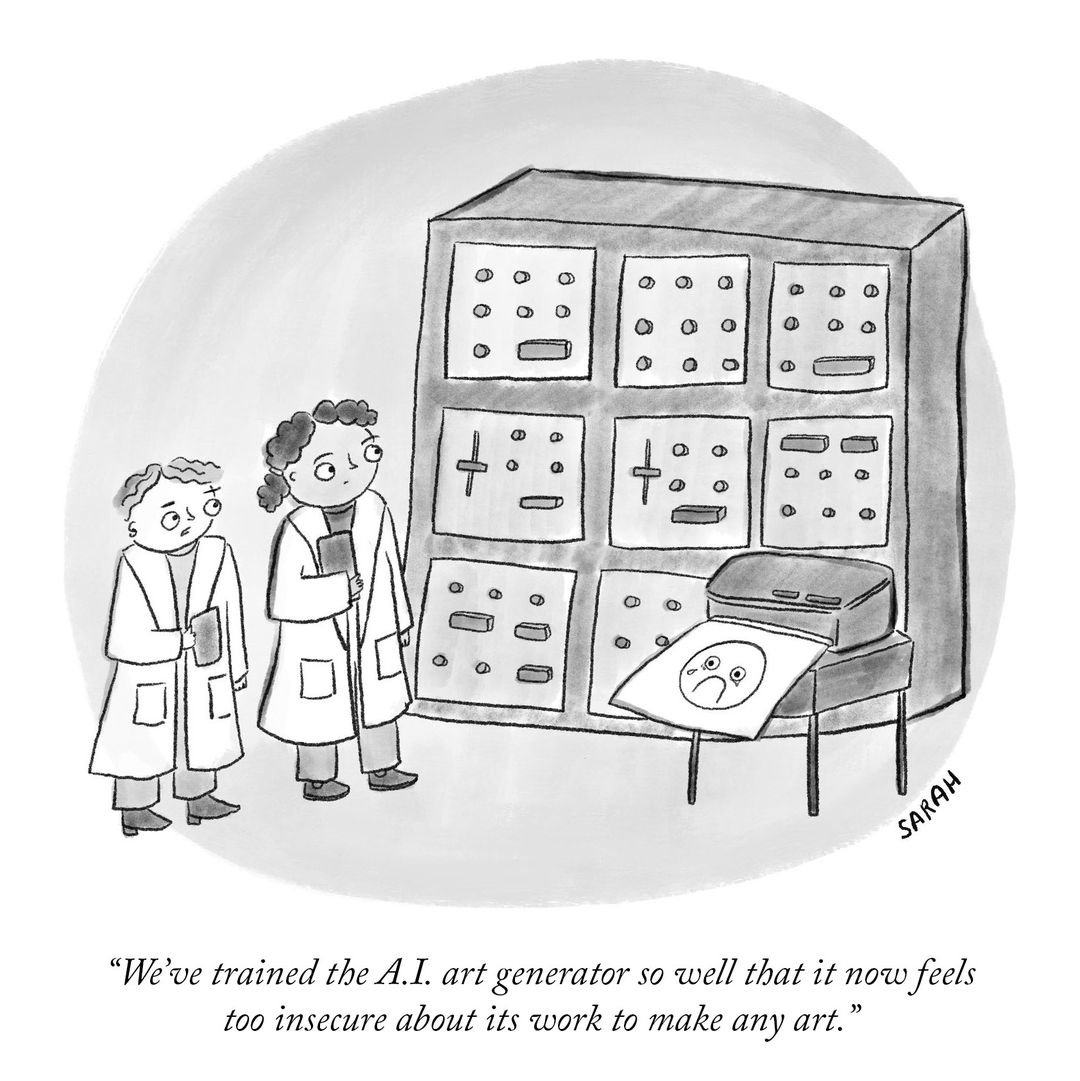In the decade before the pandemic, the share of high school students who reported persistent feelings of sadness or hopelessness increased by 40% to more than 1 in 3 students. The pandemic only exacerbated this trend, leading the American Academy of Pediatrics to declare a national state of emergency. According to the Centers for Disease Control and Prevention (CDC), in 2021, 44% of high school students reported they persistently felt sad or hopeless during the past year. This number is even higher for girls (57%) and teens that identify as gay, lesbian, or bisexual (69%), as seen in another staggering report by the CDC.
https://time.com/6255385/teens-mental-heath-how-to-help/
The well-being of young people is deeply concerning and raises questions about what has led to the pervasive sense of despair, depression, and anxiety. Essentially, nearly ubiquitous negative messaging has created layers that can mask your authentic and inherently good self. It is almost like rather than looking in the mirror and seeing yourself, you only see all of the potential ‘negative’ comments an imaginary frenemy would make. This can lead you to forget your true worthiness of happiness, safety, belonging, and fulfillment.
Social media can exacerbate these negative feelings by providing a constant stream of feedback that seems to suggest others have it easier and better. This can result in feelings of loneliness and inadequacy that make us forget our inherent goodness. To protect ourselves, we may reject the need for love and connection and attempt to go it alone. Simone Weil says, “The danger is not that the soul should doubt whether there is any bread, but that, by a lie, it should persuade itself that it is not hungry.” However, this approach is a false safety net that can lead us further from our authentic selves. For students, avoidance can manifest as avoiding getting involved in activities, not trying so hard or procrastinating.
Practicing self-compassion and compassion for others can help to foster a sense of connectedness, shared humanity, and belonging. By doing so, we can begin to shed the protective layers that hide our true selves. It is the fear of not belonging, not vulnerability itself, that holds you back. Vulnerability, when embraced with self-compassion, can actually set us free.


